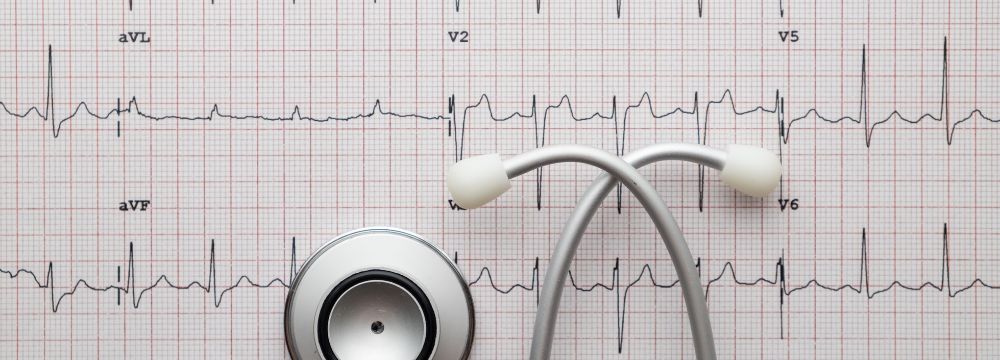Diet

Just about every one of us go through the weight loss process in a stepwise approach. We begin with diet and exercise which, unfortunately, is only effective for long term significant weight loss in about 5% of obese patients. For the other 95%, their weight will fluctuate on a regular basis and often end up higher than when they started. From there, many choose to pursue structured diet programs that may involve meal delivery or regular meetings. These are also very effective, but only to the degree that the patient can follow the requirements and participate appropriately. Some may consider medication.
The Checkered Past of Weight Loss Pills and Supplements
Many middle aged patients will remember the debacle that was Fen-phen or (fenfluramine or dexfenfluramine and phentermine). Alone, these two drugs had little effect, but in combination showed significant weight loss in most patients. However, data showing potential heart valve risk saw it removed from the market. Dozens of weight loss supplements have come and gone, promising extreme weight loss with little to no effort. Of course, these claims are not FDA reviewed or approved and it turned out that many of these pills were either ineffective or downright dangerous. The result of the bad press associated with these issues likely delayed the advent of modern-day weight loss pills including the FDA approved Qsymia.
Does Qsymia Work?
Qsymia is a prescription FDA approved drug that includes, interestingly, phentermine. Preliminary data has shown that it offers upwards of 10% percent body weight loss. However, once again, the benefits are only seen while patients are taking the medication and of they follow an improved lifestyle. For some, lifelong medication therapy may not be palatable. For others, side effects may be significant enough that they must stop using the drug. However, patients who experience some benefit from this drug may also benefit from a comprehensive medical weight loss program such as ours here at MIIS. Our medical weight loss program is supervised by our nurse practitioner and is dedicated to helping our patients lose weight through long term lifestyle change including improved diet and exercise.
What if Medication and Medical Weight Loss Doesn’t Work?
Of course, if a medical weight loss program worked 100% of the time, the obesity issue around the world would be solved. Some patients, instead, need a more permanent long term solution such as weight loss surgery in the form of a gastric sleeve or gastric bypass. Indeed, bariatric surgery is the only long term effective solution for obesity. Patients can lose up to 80% of their excess body weight and resolve many of the diseases, known as comorbidities, associated with obesity. Again, patient selection and suitability is important to ensuring the safety and effectiveness of the procedure. As such, we encourage you to visit us for a consultation to learn more about the significant number of weight loss options we provide.









